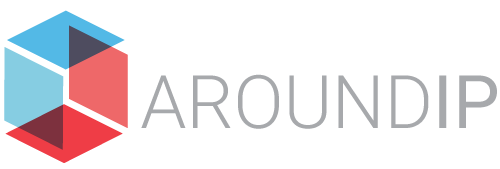Authors: Bosher, H. and Mendis, D.
http://eprints.bournemouth.ac.uk/24656/
http://tandfonline.com/toc/cirl20/current
Start date: 11 April 2016
Journal: International Review of Law, Computers and Technology
Volume: 30
Pages: 1-18
Publisher: Taylor & Francis
eISSN: 1364-6885
ISSN: 1360-0869
DOI: 10.1080/13600869.2016.1176319
Abstract
In October 2014, the UK Government introduced major changes to Copyright Law with the aim of promoting innovation and creativity, and to stimulate economic growth. These included, in particular, a range of exceptions and limitations to copyright infringement, such as private copying, parody, text and data mining and other exemptions benefiting educational and cultural institutions. This paper will consider the impact of some of these reforms, one and a half years on from when they came into force. In particular, the paper will focus on extended collective licensing; parody and quotation.
In focusing on these areas and their impact over the last 18 months, the paper will question (1) how the exceptions were received by users; (2) their impact in the cultural and creative sectors; and (3) the challenges posed to authors and other rights holders.
As such, the aim of the paper is to explore some of these recent copyright reforms and question their impact, if any, on users, authors/other rights holders and the cultural and creative sectors in order to understand the impact of copyright law on future technologies and its impact on enforcement.
Finally and in drawing a conclusion, the paper will also question whether the reforms draw the UK closer to EU or, on the contrary, move the UK away from copyright law of other member states.

